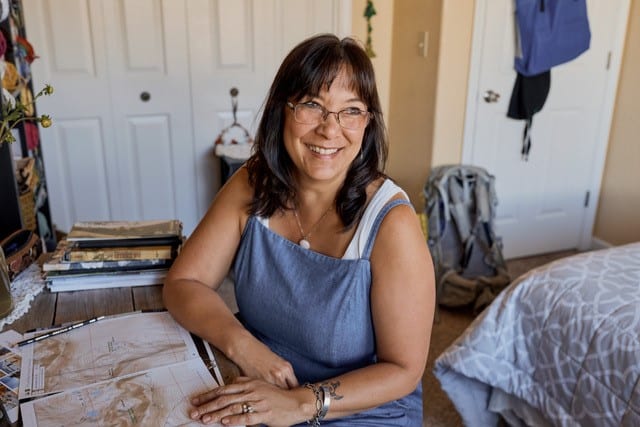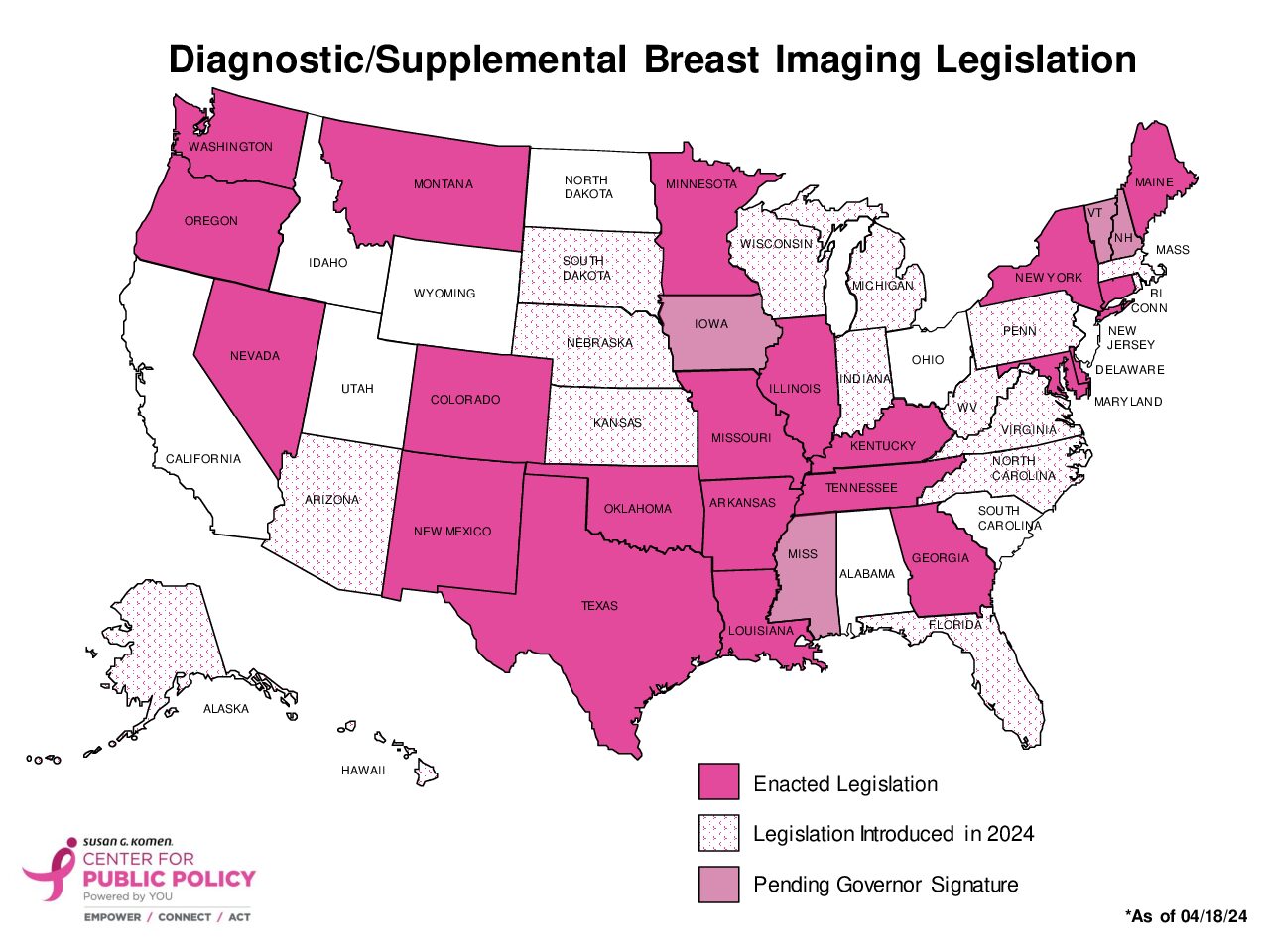Lesley Glenn was diagnosed with metastatic breast cancer (MBC), also known as stage 4 breast cancer, in November 2012 at the age of 47. She had no prior instance of breast cancer.
At the time of her diagnosis, Lesley was working full time at her dream job – running a nonprofit that brought therapeutic art into the California prison systems and rehabilitation centers.
The first year of her treatment to kill the breast cancer that had spread to her bones was pretty horrible, Lesley recalls. “I ended up in the hospital, almost dying of sepsis. I was not able to even function at that time.”
Shortly thereafter, she knew she couldn’t continue working and gave up the nonprofit she founded in 2010.

Lesley applied for Social Security Disability Insurance (SSDI) and found out within 24 hours of applying that she was denied coverage. Prior to running her nonprofit, she worked for a school district and received a pension, but neither of her jobs paid into Social Security; therefore, there was nothing for her to receive. She did not have enough credits.
“I cried when I found out I didn’t qualify for disability insurance. I just thought, ‘That’s just not, it’s not fair.’ My daughter was a senior in high school and I missed all of her senior year because I was so sick. I knew the money would help her because I wasn’t able to work or bring in any income to help with getting her ready for college,” Lesley recalls.
At the time, Lesley and her family were living in Southern California, and she wondered every day if they were going to lose the house. “We ended up having to sell the house because we couldn’t afford it without a second income. One of the reasons that I live up here in Oregon now is because I can afford to live up here,” she says.
Despite being denied SSDI coverage, she did qualify for Medicare. Due to current law, she had to wait 24 months before she could receive Medicare coverage. The five-year relative survival rate for people living with MBC is 30 percent and the average survival rate is three years. Nearly 44,000 people in the U.S. die from breast cancer every year, most from metastatic breast cancer.
Lesley pays a $25 a-month premium and $500 quarterly just to be on Medicare. If she receives treatments in the cancer center, Medicare pays the bill. Currently, she takes oral chemotherapy at home, which is not covered by Medicare, and her treatment costs $2,500 per month. But she successfully got the manufacturer of her oral chemo to provide co-pay assistance, covering her out-of-pocket expenses.
Lesley is on her third line of treatment, meaning her first two treatments stopped working and the cancer progressed, and says she lives with the mental and emotional stress of her disease and constantly thinks about whether she can afford her care. “Every time scans come up now, I’m just like, ‘Oh my God, please be working’ because it’s not that cancer is progressing, which is, you know, horrible. But the next thing that comes up in my mind is, ‘Can I afford the next treatment?’ Cause the cost of drugs is so astronomical.”
If Medicare coverage would have taken effect immediately after her diagnosis, Lesley says it would have saved her family thousands of dollars a year. Her ex-husband agreed to keep her on his insurance during the 24-month waiting period to receive Medicare but paid upwards of $400 a month for her coverage.
Lesley says she’s been meeting with members of Congress for years to try and pass the Metastatic Breast Cancer Access to Care Act. The legislation would immediately eliminate the waiting periods – five months for SSDI and 24 months of Medicare – for people to receive benefits. Lawmakers previously passed legislation waiving the same waiting periods for people diagnosed with end-stage renal disease and amyotrophic lateral sclerosis (ALS).
“I really feel like this year we need to push Congress and get them to move on it,” Lesley says. “You’re asking people to wait when they’re living with an incurable disease, and they might not even make it through the waiting period. And that’s the reality of it. Give them the help now.”



